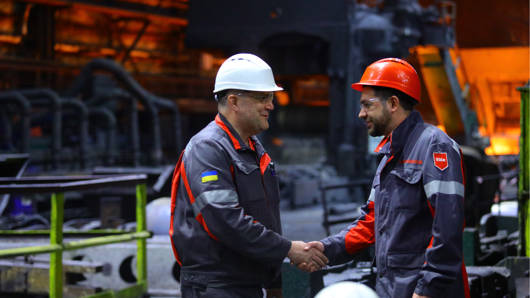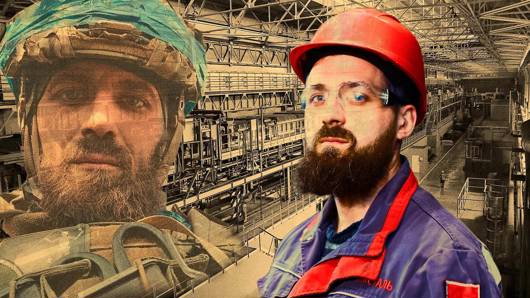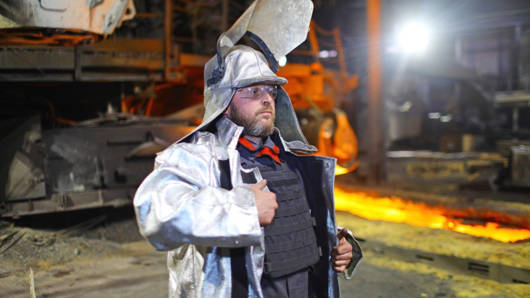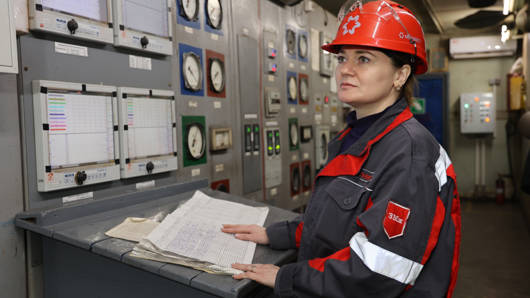Metinvest Group has become one of the donors of a pilot project to create five architectural solutions for the reconstruction of typical Soviet educational institutions and rebuild schools destroyed during the war.
The project is being implemented by the Ministry of Education and Science (MES) and the Ministry of Digital Transformation with the support of DTEK, Mariupol Reborn in cooperation with the Big City Lab urban bureau and the Lithuanian architectural initiative Rebuild the Wonderful.
The project team has identified the five most common types of school buildings in Ukraine, which account for about 35% of all schools in the de-occupied regions of the country. The concepts of the new Ukrainian schools are based on barrier-free access for teachers and students, safe shelters, spaces for children to communicate, modern design and energy efficiency. These five architectural solutions are planned to be scaled up to transform schools across Ukraine.
The pilot concepts are being created based on educational institutions in Kharkiv and Kyiv regions, as well as in Zaporizhzhia and Kryvyi Rih, where a large number of residents work at Metinvest's enterprises. Therefore, it is important for the company to support the restoration of social infrastructure in these cities.
The rebuilding of destroyed schools cannot be based on designs from half a century ago. These should be modern, comfortable, environmentally friendly and safe facilities that will become a point of attraction for every schoolchild. I hope that the development of municipal school infrastructure will be our important contribution to improving the well-being of citizens.
— Tetiana PETRUK, Chief Sustainability Officer of Metinvest Group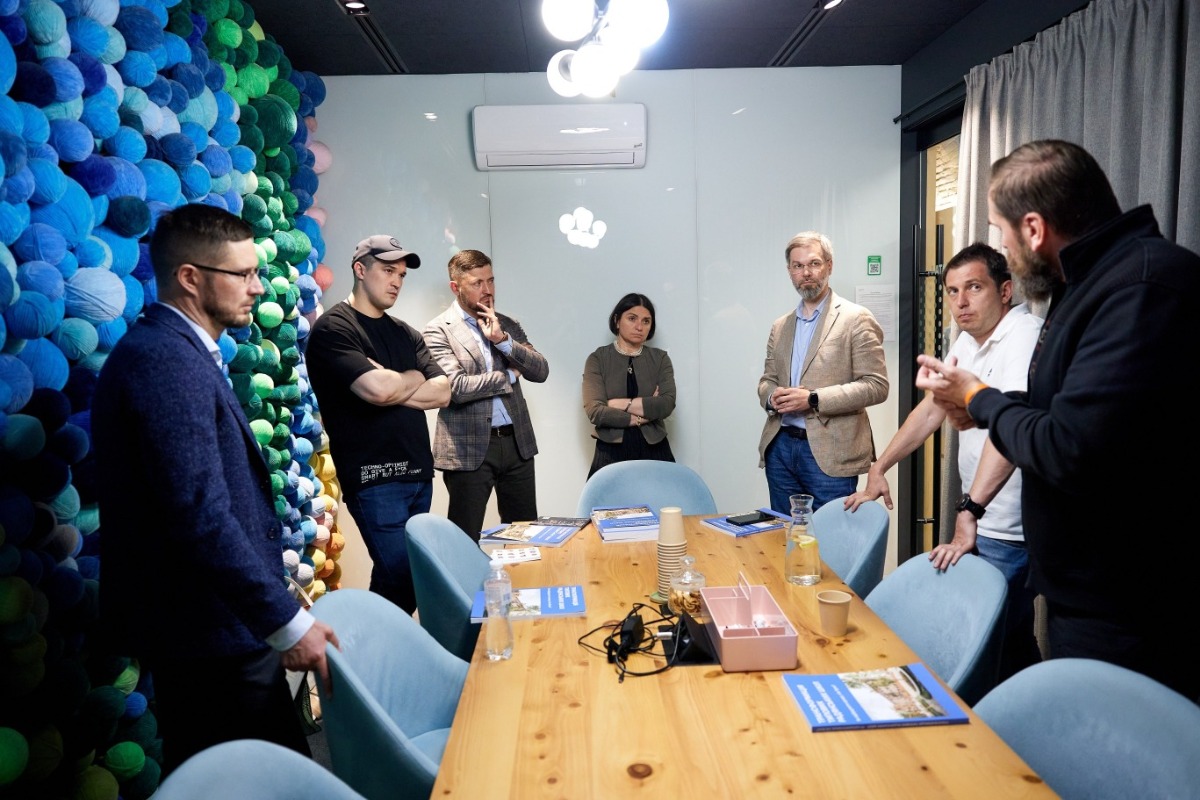
The architectural transformation of educational institutions will reflect the values of the New Ukrainian School and is based on the principle of "Build back better".
"When we started working with the Ministry of Education and Science on the education transformation strategy, we realised that we needed to change not only the content and meanings of education, but also transform school spaces. Space affects human thinking. Our vision is that schools should be like a small Google or Netflix office, where breakthrough ideas and dreams are born. For me, this project is not only about rethinking spaces and getting rid of the totalitarian past. For me, this project is the future of Ukraine, for which we are actively preparing," said Mykhailo FEDOROV, Vice Prime Minister for Innovation, Education, Science and Technology Development, Minister of Digital Transformation.
The architectural solutions for the new schools were developed by the Ukrainian team Big City Lab, which teamed up with the Lithuanian initiative Rebuild the Wonderful. The team includes Do Architects from Lithuania, Kavakava from Estonia, and Archikon from Hungary, which have experience in transforming old Soviet schools in their respective countries.
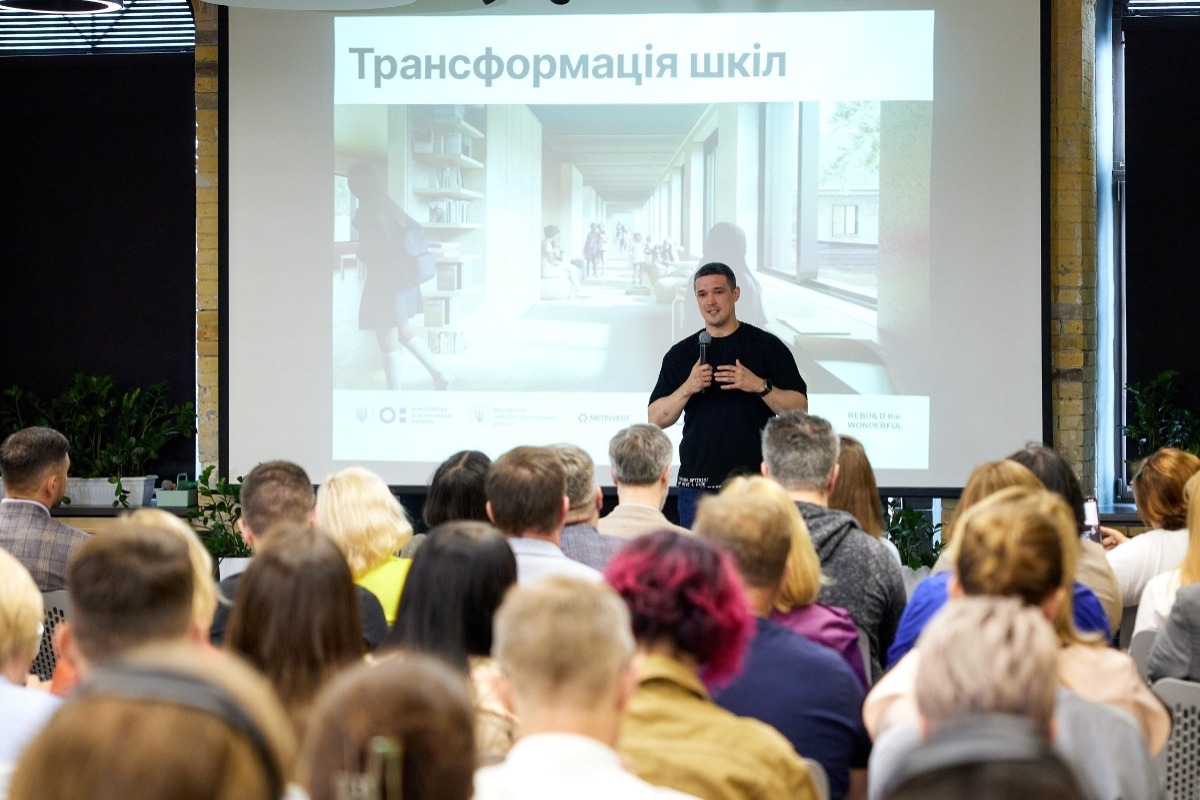
"Educational spaces should reflect the approaches of a modern school, the culture and values we want to foster in it. If we declare that freedom is a value for us, then in schools we must also give this freedom to children. Not only to choose subjects, although this is also important, but also, for example, to sit on window sills that are specially equipped for this purpose. If we value development and self-realisation, we need to create modern makerspaces in schools where students can express themselves. Content and form are interconnected, so our task is to consistently transform this in a comprehensive manner," said Oksen LISOVYI, Minister of Education and Science of Ukraine.
The team of architects has developed principles that are universal for reconstruction projects based on research into the opinions of educators, experts and schoolchildren. The architects presented the concepts created with the support of Mariupol Reborn and showed what the schools of the future will look like. A complete package of design and estimate documentation has already been developed for the first five pilot schools, which can be adapted to any other typical school.






